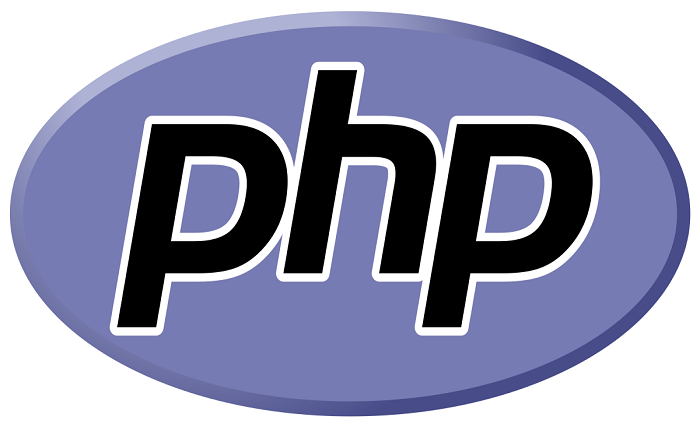If you’re a programmer, you’ve probably heard the phrase “PHP Full Form.” This shorthand acronym stands for PHP (hypertext pre-processor) and is frequently used in the Language & Literature field. But what is PHP Full Form, exactly? Well, let’s take a closer look. Read on to find out. This article will answer these questions and more. A PHP Full Form is a code that runs on the web and is used to create websites.
PHP is a server-side scripting language that was developed in 1994. It was inspired by HTML and is used in web development. It can build entire e-commerce sites, manage databases, and manage sessions. In short, it can do it all. In fact, it’s one of the most widely used programming languages for web development. PHP is an open source, interpreted, object-oriented, and a widely used web language.
PHP is open-source and is available for free on the Internet. Anyone can download PHP and run it on their computer. PHP files consist of normal text, html tags, style, and script. These are used to build dynamic web pages. PHP is also very adaptable, meaning that you can easily expand your site or use it in another website. It is a popular choice among software engineers because it’s simple to use and has many advantages.
PHP is a server-side scripting language. Rather than running client-side, PHP relies on a web host to execute commands. Because the web host executes the code on the server, visitors don’t need special software or a special browser to view and use the web site. PHP scripts run faster because the code on the server is sent directly to the visitor’s browser. The full name of this programming language is PHP, and it stands for Hypertext Preprocessor.
Arrays: PHP uses an ‘if’ statement to associate values to keys. For example, you could use an ‘if’ statement to test if the visitor is an Admin, then display an edit hyperlink. The same logic would be applied to a list or a vector. Another useful function is echo, which displays a string. Unlike print, PHP is easy to learn, so it’s easy to use. The vast array of possible uses of PHP makes it a popular programming language on the Web.
PHP is an open source scripting language. It is fast and easy to learn, and it’s incredibly versatile. PHP is compatible with many servers, which makes it the perfect tool for web developers. As a bonus, it doesn’t require much experience to start developing dynamic websites. With PHP, you can make your web pages easier, faster, and more reliable. All of this means that your website will be more effective than ever!
PHP’s built-in getdate() function is a useful tool to convert English date-time descriptions to UNIX timestamps. You can also create custom functions with this language. One such function is strtotime(), which converts an English textual date-time description to a UNIX timestamp. It takes a string parameter in English called “now” and accepts a UNIX timestamp.

